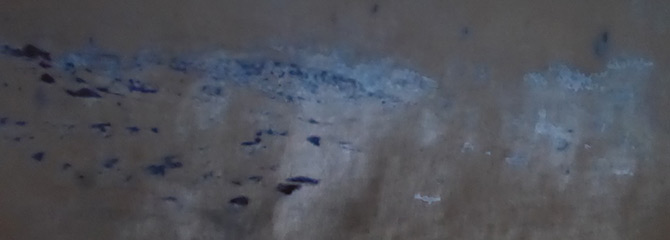Dr. Magdalena Wisniowska, Vortrag und Workshop
Vortrag: Mittwoch, 13. Januar, 20:00. Workshop: Donnerstag, 14. Januar, 10:00-13:00 (beides im Neubau, E.ZG.O4).
Um Anmeldung für den Workshop wird gebeten: This email address is being protected from spambots. You need JavaScript enabled to view it.
That Kant defines aesthetic experience as the aesthetic judgement of taste is a fact, which deserves more attention than is perhaps given. In so doing, Kant grants beauty the same transcendental structure as pertains all possible experience: the working together of the three powers of cognition, the faculties of sensibility, imagination and understanding, under the auspices of reason, within the one unified subject. To do otherwise would imply that aesthetic experience is different to experience in general, functioning outside the structure that makes experience possible. It would mean making a claim not to be made lightly, that aesthetic experience would not be an experience as such.
Which is precisely the claim Deleuze makes in his short essay “To Be Done with Judgement.” The essay is a continuation of Deleuze’s well-known critique of representation, but in this specific case from the point of view of the doctrine of judgement. Surrounding himself by what he considers to be the four disciples of Spinoza – Nietzsche, Lawrence, Kafka and Artaud – in “To Be Done with Judgement” Deleuze offers a genetically constructed alternative to the doctrine of judgement, outlining the beginnings of an ethical aesthetics, which in contrast to the rigid structure of Kant’s transcendental philosophy would be based in an affective system of forces.
But what does this mean for us practically speaking? Leaving aside the problems Deleuze’s genetically constructed account might hold for philosophy, what does it mean to experience something without recourse to representation, to encounter a body as affect? What does it demand from us, to let go of the predetermination afforded by the doctrine of judgement in order to pursue an affective relationship with the world? What kind of life would this be? What kind of person could live this life? And where does this leave aesthetics, art and artists?
Eine Veranstaltung des Lehrstuhls für Philosophie und Ästhetische Theorie.
Dr. Magdalena Wisniowska is an independent researcher currently based in Munich. She initially trained as an artist and art historian, finishing her postgraduate studies at the Royal Academy Schools in London before changing direction to pursue a PhD at the department of Visual Cultures, Goldsmiths College, London. In the last few years she has divided her time between studio work and lecturing at Goldsmiths, City and Guilds of London Art School and the Royal Academy. In Munich she set up a new artist project space, GiG Munich, and concentrated on publishing her theoretical research, with essays included in Speculations, Deleuze Studies and SubStance. Her latest essay, “Aesthetics without Judgement” is pending publication at Diacritics.

